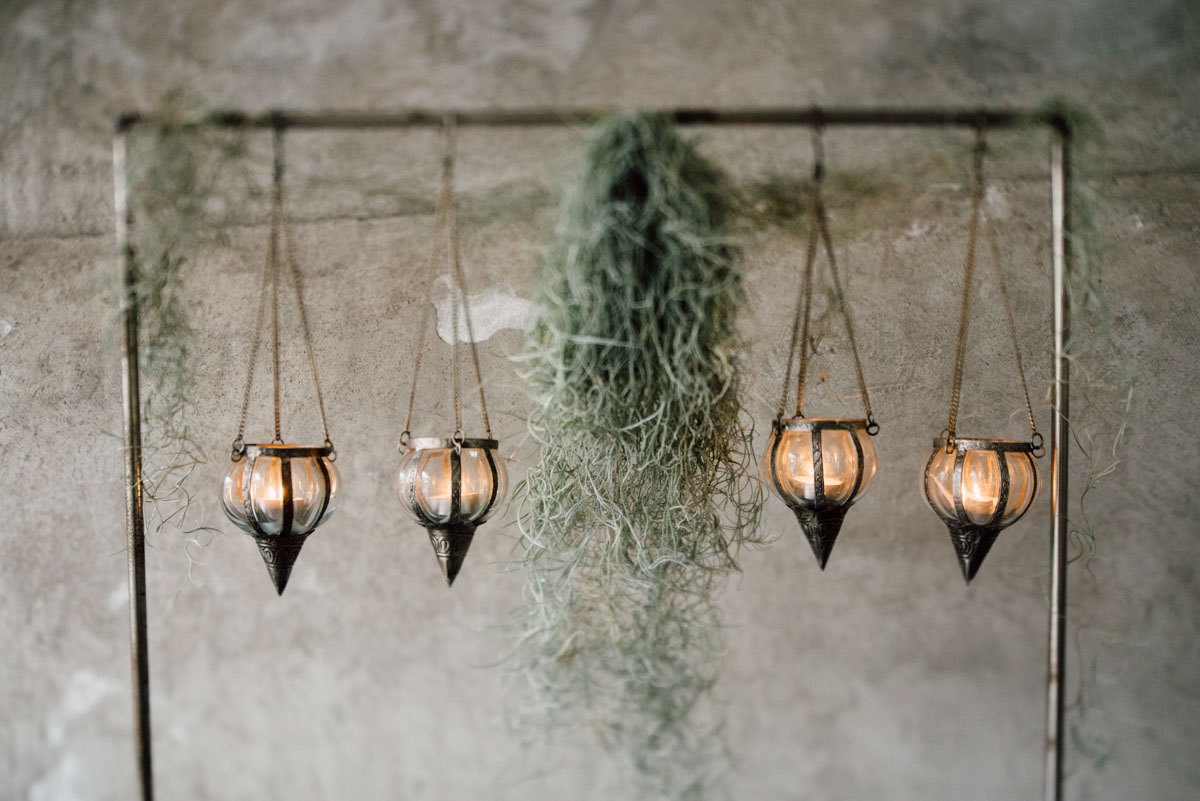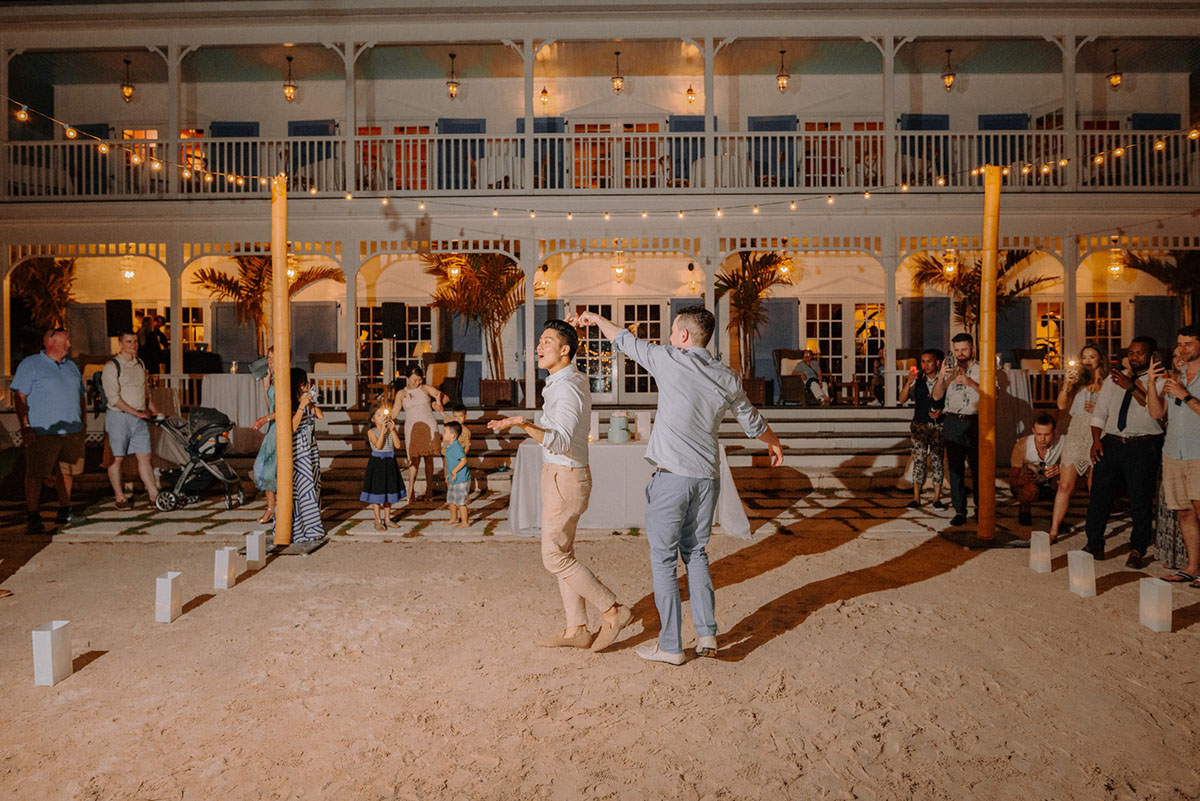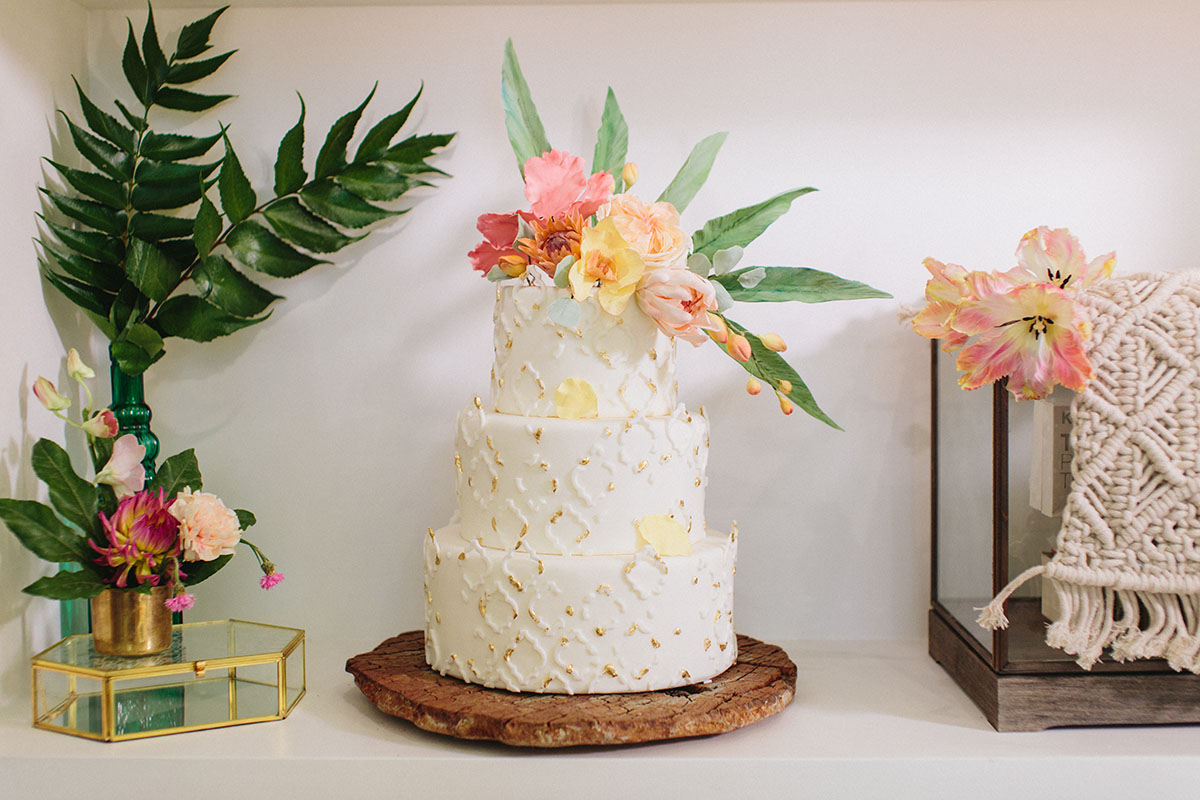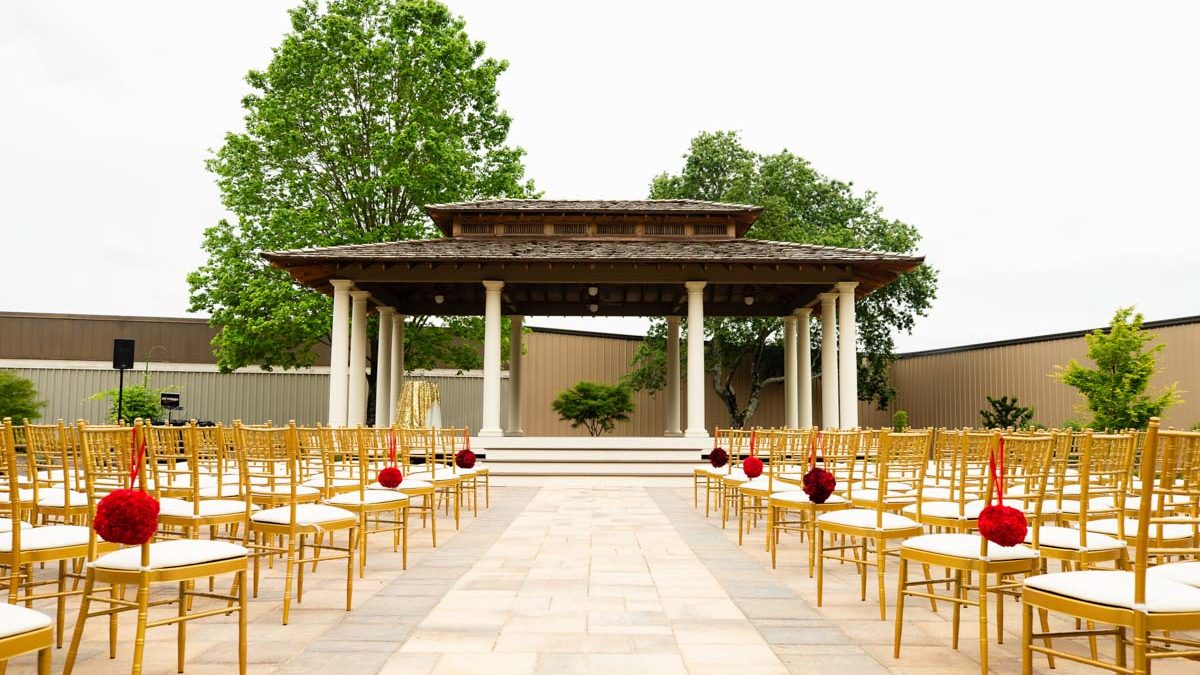When we think of weddings, we often think about the sensory experiences—the band or DJ playing music, the texture of the cake, the sparkler exit. But how can you be sure that your special day is sensory-friendly and accessible for you and all your guests?
Why does my wedding need to be sensory-friendly?
If you didn’t come to this article because you personally don’t have any sensory needs for your wedding, you may be thinking, “This is my wedding, and I don’t know anyone who needs a sensory-friendly environment.” We commonly think of the autistic community when we consider sensory-friendly environments, but these considerations can be helpful for a variety of people—those with epilepsy, Multiple Chemical Sensitivity, PTSD, narcolepsy, ADHD, and many neurodivergent and disabled people. And just because you don’t know personally that a guest would benefit from a sensory-friendly event doesn’t mean they wouldn’t, since there are many reasons people choose to keep that to themselves.

Consider having space at the venue where guests can take a break.
This may become especially handy when the band or DJ is playing and everyone’s dancing. It’s helpful to offer some space at the wedding that’s free from noise and bright lighting, where guests can go, sit down, and recharge.
Have a low- or no-scent policy.
Many people are sensitive, even allergic, to manufactured fragrances such as perfumes and colognes. It’s better to start planning for a low- or no-scent wedding as early as possible so all your guests can enjoy the event. Check out these helpful guides for planning scent-free events that will get you started.

Think about the noise levels.
High noise levels and unexpected loud noises can be challenging for lots of people, and weddings tend to be filled with them, from toasts over the microphone to excited cheering to dance music. How can you find ways to reduce noise levels at your wedding, or at least prepare guests for moments when it might be loud so they can choose whether or not to participate? It might be worth talking to your wedding band or DJ ahead of time if there are any songs, artists, or types of music you’d prefer them not to play.
Talk to all your vendors and the venue about sensory needs.
Vendors and venues are experts and have participated in and planned hundreds of weddings. They may not know you or your guests’ exact needs, but they have an idea of which parts of the wedding tend to be a packed sensory experience and which parts are calmer, and they can guide your decisions. Should your photographer use flash or just stick to outdoor photos and natural lighting? Your venue and vendors will be able to navigate planning for a sensory-friendly wedding and help you understand all your options.

Consider the type of lighting you’ll have.
Lighting can be very harsh for people with sensory difficulties, so it’s a good idea to try and stick to soft, natural lighting and shy away from LED lights, strobe lights, and other bright or distracting lights. Flashing lights such as strobes can be dangerous for autistic people, people with epilepsy or narcolepsy, people with PTSD and trauma survivors, and others, so if you’re going to include these type of lights, make sure all your guests know that this part of the wedding is optional and there will be a space for them away from the lighting where they can participate.
Create an open and inclusive space.
Whether you need a sensory-friendly wedding for yourself or your partner, a member of your wedding party, or are doing it just in case any of your guests need it, make sure that everyone knows your wedding is an open and inclusive space. If guests need to leave for a while or take a breather, they should know that they won’t be judged and you’ll be excited to see them when they’re ready to return. If guests need to talk to you about sensory issues the day of, make yourself (or your planner or a member of your team) available to listen to and fix those issues. Your wedding is about you and your partner, but it’s also about all the community members who are coming to celebrate with you—so make sure it’s an event that everyone can access and enjoy!






























